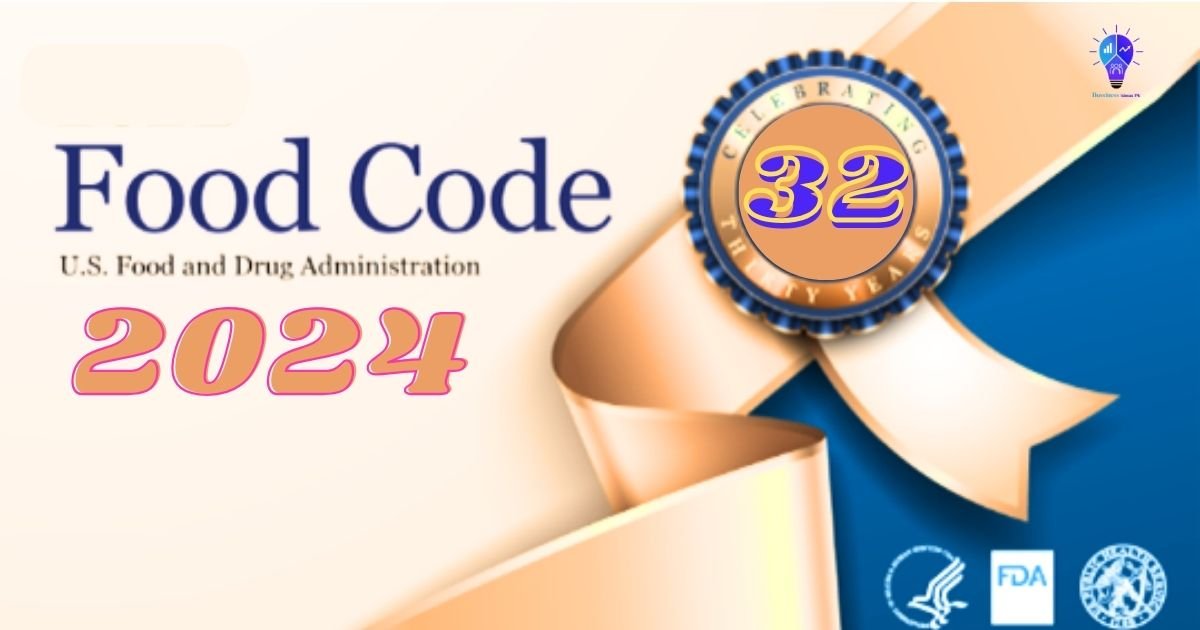Introduction
The Food and Drug Administration (FDA) is a crucial regulatory body tasked with safeguarding public health and ensuring the safety and efficacy of food, drugs, medical devices, and cosmetics. Established to address the growing concerns of adulterated and misbranded products, the FDA plays a pivotal role in maintaining the integrity of the healthcare and consumer goods industries.
Historical Background
The FDA has a rich history dating back to its establishment in 1906. Initially created to combat widespread fraud in the food and drug industries, the FDA has evolved over the years, adapting to changing societal needs and technological advancements. Milestones such as the creation of the Food, Drug, and Cosmetic Act in 1938 have shaped the FDA into the robust regulatory authority it is today.
Read More: Best Business Ideas

FDA’s Regulatory Functions
The FDA’s regulatory functions are diverse, covering the approval of new drugs, monitoring food safety, overseeing medical devices, and regulating cosmetics. The drug approval process, in particular, involves rigorous testing and evaluation to ensure both safety and efficacy. Similarly, food safety regulations aim to prevent outbreaks and protect consumers from contaminated products.
Impact on Public Health
The FDA’s impact on public health is undeniable. By meticulously evaluating drugs and monitoring the safety of food and medical devices, the FDA prevents potential health crises. The agency’s role in Food and Drug Administration promoting consumer confidence cannot be overstated, as people rely on FDA approval as a mark of quality and safety.
Challenges Faced by the FDA
Despite its critical role, the FDA faces challenges such as regulatory complexities and the delicate balance between fostering innovation and ensuring safety. Public controversies and debates over FDA decisions further complicate the agency’s mission, requiring constant adaptation to emerging issues.
Recent Developments
In response to evolving health challenges, the FDA has implemented modernization initiatives, leveraging technological advancements to streamline processes. From addressing the opioid crisis to Food and Drug Administration responding to the COVID-19 pandemic, the FDA remains at the forefront of protecting public health.

Collaborations and Partnerships
The FDA actively collaborates with other regulatory bodies and industry stakeholders to enhance its effectiveness. These Food and Drug Administration partnerships aim to create a more harmonized global regulatory environment, fostering innovation and improving public health outcomes.
Future Trends
Technological advancements, including artificial intelligence and data analytics, are poised to revolutionize FDA processes. Anticipated changes in regulatory frameworks reflect the agency’s commitment to staying ahead of emerging challenges and ensuring the safety of an ever-evolving healthcare landscape.
Criticisms and Debates
Public perceptions and criticisms of the FDA often revolve around the agency’s decision-making processes and perceived conflicts of interest. Food and Drug Administration Debates on issues such as expedited drug approvals highlight the ongoing dialogue between regulatory authorities, industry players, and the public.
Success Stories
The FDA boasts numerous success stories, from breakthrough drug approvals to impactful regulatory decisions. These successes underscore the agency’s positive impact on public health and its ability to adapt to new challenges.
Tips for Navigating Food and Drug Administration
For pharmaceutical companies, understanding and navigating FDA regulations are crucial. The agency provides guidance to ensure compliance and successful product approval. Consumers, too, can benefit from tips on Food and Drug Administration interpreting FDA labels to make informed choices about the products they use.
Conclusion
In conclusion, the FDA remains an indispensable guardian of public health, playing a multifaceted role in regulating industries that directly impact our daily lives. As the healthcare landscape continues to evolve, Food and Drug Administration the FDA’s commitment to innovation, safety, and public well-being will undoubtedly shape the future of medicine and consumer goods.

Read More: Food and Drug Administration
FAQs
How does the FDA ensure the safety of drugs before approval?
The FDA employs a rigorous process of testing and evaluation to ensure the safety and efficacy of drugs before granting approval. This involves extensive clinical trials and data analysis.
What challenges does the FDA face in balancing innovation and safety?
The FDA faces the ongoing challenge of fostering innovation in the healthcare industry while maintaining strict safety standards. Striking the right balance is crucial for advancements in medicine.
How does the FDA collaborate with other regulatory bodies globally?
The FDA actively collaborates with international counterparts to create a harmonized regulatory environment. This cooperation facilitates information exchange and enhances global public health efforts.
Can the public influence FDA decisions?
While the public can express opinions and concerns, FDA decisions are based on scientific evidence and regulatory standards. Public input is considered, but the ultimate goal is to prioritize safety and efficacy.
What role does technology play in the future of FDA regulations?
Technology, including artificial intelligence and data analytics, is expected to play a pivotal role in streamlining FDA processes, improving efficiency, and responding to emerging health challenges.